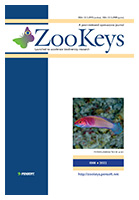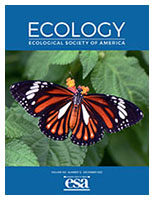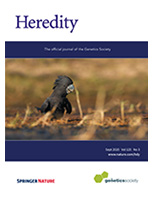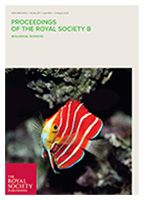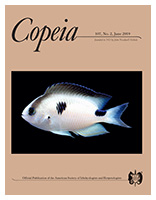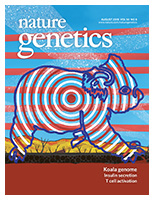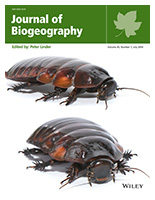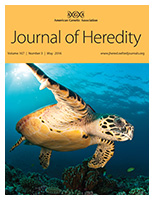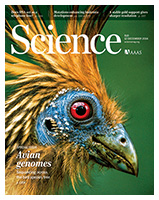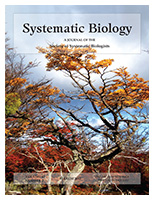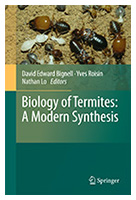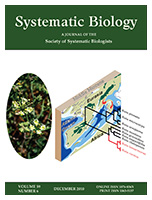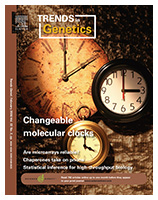The MEEP Lab has a strong focus on research and is a dynamic and productive group. Members of the group are interested in various aspects of molecular ecology and computational evolutionary biology, including phylogenetic methods, molecular clocks, evolutionary rates, and phylogeography. We work on study systems from across the Tree of Life, including animals, plants, bacteria, and viruses.
Our ongoing research projects span a broad range of topics and include both theoretical and applied aspects of phylogenetic and molecular evolutionary analysis. Much of this work is performed in collaboration with leading Australian and international researchers.
Molecular evolution
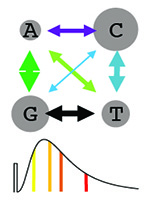
The MEEP Lab uses genetic and genomic data to answer questions in evolutionary biology. Our research interests include detecting the effects of natural selection, the neutral and nearly neutral theories of molecular evolution, and the evolutionary dynamics of genomes. We are also interested in statistical models of molecular evolution, applied at scales ranging from individual genes to entire genomes.
Molecular ecology
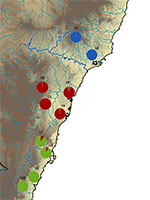
We have broad interests in molecular ecology, including biogeography, phylogeography, population genomics, and species delimitation. We are also interested in using genetic techniques to study biodiversity, through analysing population genomic data sets, generating DNA barcodes from invertebrate fauna, and applying species-delimitation methods.
Phylogenomics
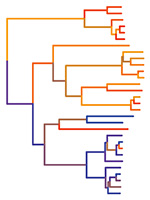
Our research often involves phylogenomics: the study of evolutionary relationships using genomic data. We work on phylogenetic methods, simulation studies, and phylogenomic analyses of evolutionary relationships or organisms throughout the Tree of Life. The MEEP Lab also has interests in integrative taxonomy and molecular systematics. Recent projects have included the phylogenetics of viruses, insects, marsupials, birds, and flowering plants.
Molecular clocks
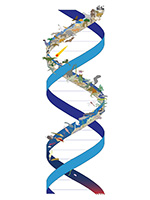
We are interested in all aspects of evolutionary rates and timescales, including both theory and practice. This work is based on the molecular clock, which describes the variation in evolutionary rates among species. Our recent projects have included estimation of the evolutionary timescales of birds, insects, and flowering plants. We also have particular interests in methods for estimating mutation rates from time-structured data sets.
Termites
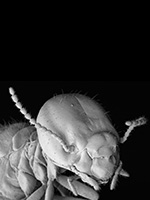
We are interested in all aspects of termite biology, systematics, biogeography, and evolution. Our research in this area includes collecting samples in the field, morphological study, gene sequencing, genomics, phylogenetic analysis, species delimitation, taxonomy, and molecular systematics.
Symbiosis
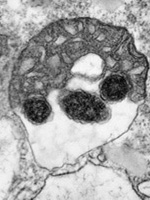
The MEEP Lab is interested in various aspects of symbiosis, including endosymbiosis and co-evolution. Our recent work has included genomic analyses of the endosymbionts of termites and cockroaches, the links between the evolutionary rates of symbionts and their hosts, and the impacts of genome erosion.
